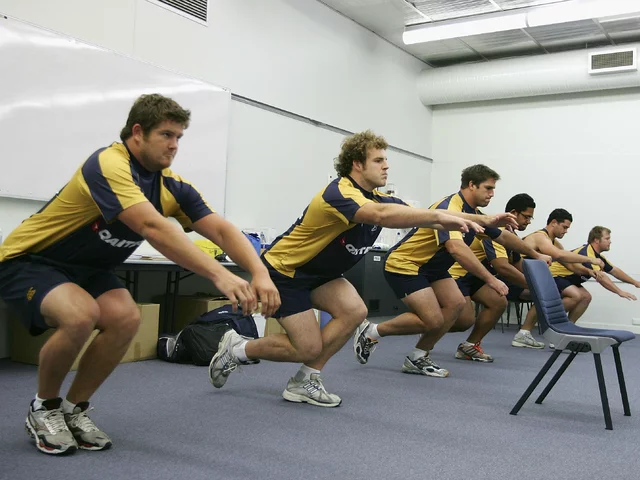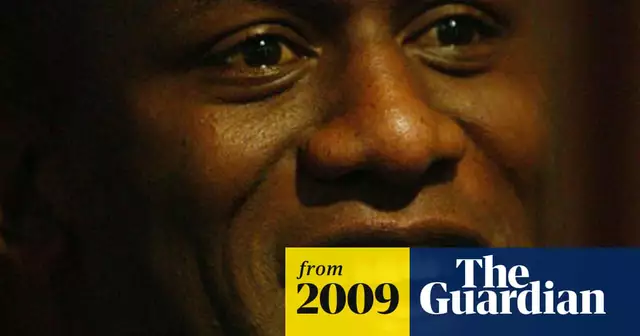Angela Rayner Resignation – Why It Matters and What Comes Next
If you’ve been following UK politics lately, you’ve probably heard the headline: Angela Rayner has resigned. Whether you’re a Labour supporter, a political junkie, or just curious, you’ll want to know what sparked her exit and how it could reshape the party.
What triggered the resignation?
Rayner stepped down after a series of internal disagreements with the party’s top brass. Sources close to the situation say she felt sidelined in key policy debates and grew frustrated with the direction the leadership was taking. The timing also coincided with a dip in Labour’s poll numbers, adding pressure on senior figures to show they’re listening to critics.
Immediate fallout inside Labour
Within hours of the announcement, several MPs voiced support for Rayner’s honesty, while others warned that her departure could deepen existing rifts. The deputy leader’s office has promised a swift internal review to address the concerns she raised, especially around candidate selection and the party’s stance on public services. Meanwhile, the media is buzzing with speculation about who might fill the vacant spot – a move that could sway the next leadership contest.
For rank‑and‑file members, the news is a mixed bag. Some see Rayner’s exit as a chance for fresh ideas, while others worry that losing a high‑profile voice weakens Labour’s appeal to working‑class voters. The party’s communications team is already crafting messaging that frames the resignation as a “principled decision” aimed at keeping the party honest.
Beyond the internal drama, Rayner’s resignation is likely to impact the broader political landscape. Opposition parties may try to capitalize on the perceived chaos, and the government could use the moment to push through legislation with less scrutiny. Analysts predict a short‑term dip in voter confidence for Labour, but they also note that crises can sometimes spark a rally‑around‑the‑flag effect if the party manages the narrative well.
So, what should you keep an eye on? First, watch for any statements from Keir Starmer, the party leader, indicating a shift in strategy. Second, note who steps up to fill Rayner’s shadow cabinet role – their policy priorities will give clues about Labour’s next moves. Finally, pay attention to poll trends over the next few weeks; they’ll reveal whether the resignation harms or helps the party’s standing.
In short, Angela Rayner’s resignation isn’t just another headline. It’s a signal that Labour is at a crossroads, wrestling with internal debates and external pressures. How the party navigates this moment will shape the next chapter of UK politics, and it’s worth watching closely.
Angela Rayner quit as deputy prime minister after a probe found she breached the ministerial code over stamp duty underpayment, despite acting with integrity. Keir Starmer accepted her resignation and appointed David Lammy as deputy PM, triggering a reshuffle and likely a deputy leadership contest in Labour. The episode tests the government’s standards and could reshape its power dynamics.
READ MORE





